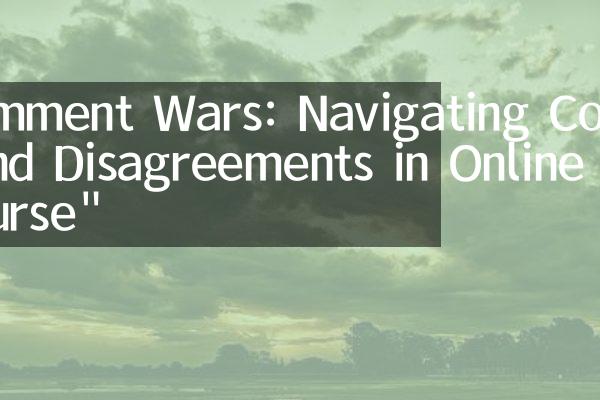Understanding Foreclosure Loans: A Comprehensive Guide to Navigating Your Options
Guide or Summary:Foreclosure LoansTypes of Foreclosure LoansChallenges of Foreclosure LoansBenefits of Foreclosure LoansForeclosure LoansForeclosure loans a……
Guide or Summary:
- Foreclosure Loans
- Types of Foreclosure Loans
- Challenges of Foreclosure Loans
- Benefits of Foreclosure Loans
Foreclosure Loans
Foreclosure loans are a specific type of financing designed for individuals looking to purchase properties that are in the process of foreclosure or have already been foreclosed upon. These loans can present unique opportunities for buyers, particularly those seeking to invest in real estate at a lower price point. However, they also come with their own set of challenges and considerations.
Foreclosure occurs when a borrower fails to make mortgage payments, leading the lender to reclaim the property. When a property is foreclosed, it is often sold at a public auction or listed for sale by the lender. This is where foreclosure loans come into play, as they can provide potential buyers with the necessary funds to purchase these properties.

Types of Foreclosure Loans
There are several types of foreclosure loans available, each catering to different buyer needs. One common option is the traditional mortgage, which allows buyers to finance the purchase of a foreclosed property in a manner similar to buying any other home. This can be a suitable choice for those who have good credit and can afford a down payment.
Another option is an FHA loan, which is backed by the Federal Housing Administration. FHA loans are designed to help low-to-moderate-income buyers and may require a lower down payment compared to conventional loans. This can make them an attractive choice for first-time homebuyers looking to enter the real estate market through foreclosure properties.
Challenges of Foreclosure Loans
While foreclosure loans can offer great opportunities, they also come with challenges that buyers should be aware of. One significant issue is the condition of the property. Foreclosed homes are often sold "as-is," meaning that the buyer is responsible for any repairs or renovations needed. This can lead to unexpected costs, so it’s essential for buyers to conduct thorough inspections and factor potential repair costs into their budget.

Additionally, the purchasing process for foreclosure properties can be more complex than traditional home buying. Buyers may face competition from investors and other buyers, as well as potential legal issues related to the foreclosure process. It’s crucial for buyers to work with experienced real estate agents and legal professionals who understand the intricacies of foreclosure transactions.
Benefits of Foreclosure Loans
Despite the challenges, there are several benefits to pursuing foreclosure loans. One of the most significant advantages is the potential for acquiring properties at below-market prices. Foreclosed homes are often sold for less than their market value, allowing buyers to invest in properties that may appreciate over time.
Moreover, purchasing a foreclosed property can be a strategic move for investors looking to build a rental portfolio. With the right property and location, buyers can turn a foreclosed home into a profitable rental, generating passive income.

In conclusion, foreclosure loans can be a valuable tool for buyers looking to enter the real estate market or expand their investment portfolios. By understanding the types of loans available, the challenges involved, and the potential benefits, buyers can make informed decisions and navigate the complexities of purchasing foreclosed properties. As with any significant financial decision, it’s advisable to conduct thorough research and seek professional guidance to ensure a successful transaction.